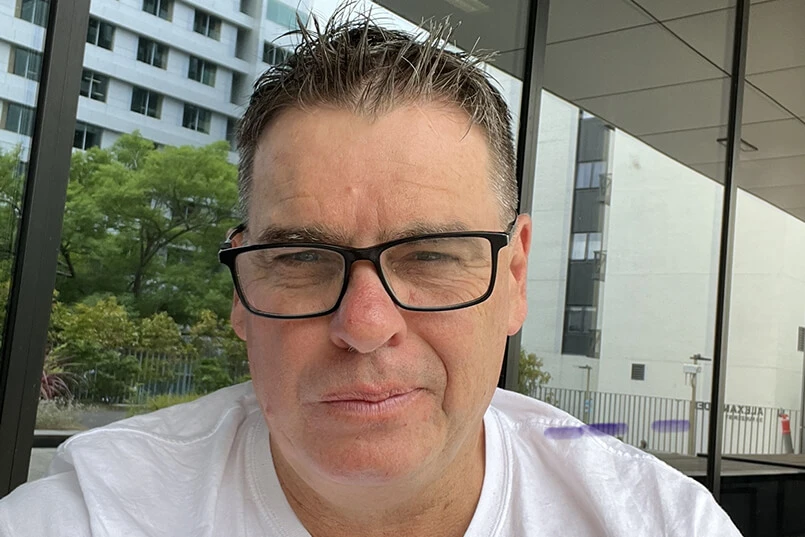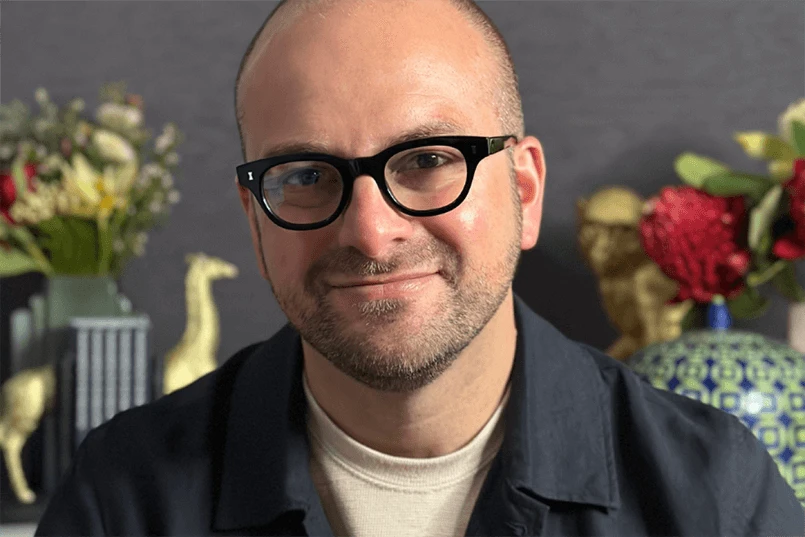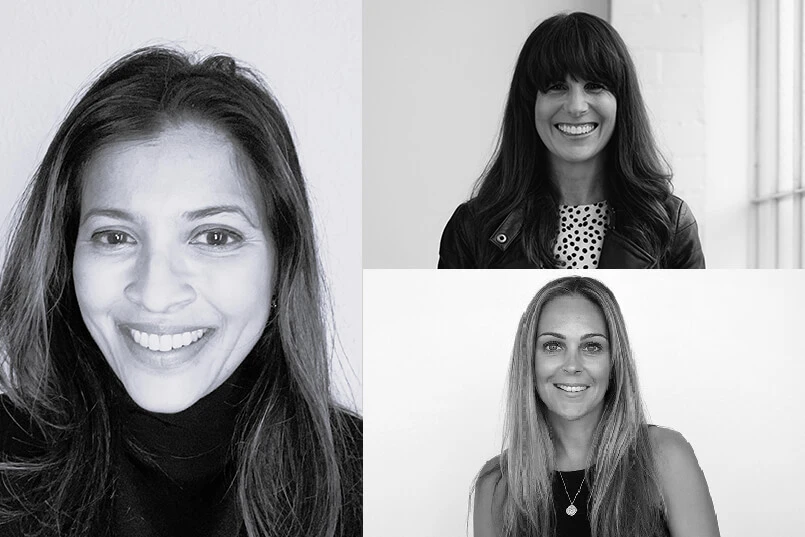Consultants. They often get a bad rap, particularly in the marketing industry.
The majority of the clients we work with are pretty happy. I would like to say that the majority of agencies we’ve worked with are – well, at least not unhappy – with the way in which we handle them.
But we can’t ignore the broader negative perceptions surrounding the motives of consultants, the capability and contextual knowledge of consultants, the process and fairness of consultants.
There are always going to be bad experiences, things that go wrong, negative perceptions or people feeling sore about something. That’s OK. For me personally, someone can be hugely unhappy with something I’ve done as a consultant and I won’t mind – as long as, despite the unhappiness, that person can understand that at the end of the day, I’ve consulted with integrity.
For the record, here’s a framework of values I use to define Consultancy with Integrity.
Objectivity
Pretty obvious. But important. Objectivity means never working on a payment by results remuneration model or in any other way that generates significant conflict of interest. It means being willing to point things out to your own client, at individual level, that may not be welcome.
It means working to a project outcome or recommendation that offers mutual benefits to all sides, not just one side. It means trying to gain proper context from every angle of any operation. It means being honest.
Respect
I have to have a basic level of respect for my clients. As an organisation, we have turned away business in the past because the values of the potential client don’t fit with our own. Sometimes, I find after I start working with an organisation or group of people that our values don’t match, for whatever reason. But I also try as hard as I can to treat clients and agencies I encounter with the respect they deserve.
This is particularly relevant in pitches, where the work that agencies put in to the process generally deserves huge respect. Respect can mean anything from publicly thanking an agency for its participation, to maintaining and driving positivity in every session, to providing proper feedback in the event of failure. All things which, when I was on the agency side, I didn’t always get from consultants.
Context
It’s all too easy to look in from the outside and immediately be critical, and leap to cookie-cutter solutions. But context is everything and understanding the context behind whatever position an organisation finds itself in is critical to good consultancy.
The people we work with are invariably smart. The challenges they face in marketing are not normally of their own making – there are layers of context to uncover and understanding this is critical to good consultancy.
Realism
We’re not saving babies. Nor can we, as consultants, fix everything with a magic wand. We’re there to guide and facilitate a path to the best possible outcome, through what hopefully is an achievable and realistic strategy or road-map. If we forget any of these things, we become too grandiose in our responses.
Strength
I may want to use objectivity, respect, context and realism in the work I do. And, by and large, I think I’m mostly successful – not always, but mostly. I try really hard at it and I learn something new about how to deal with things from every project I lead.
But this doesn’t make me a patsy.
I will make recommendations based on what I believe to be correct, based on as broad an understanding as I can gain in any one project. And I will drive a process designed to get the best out of the project as a whole. All of this requires some give from other stakeholders.
Consultants do not always get treated with the respect they deserve, and those that don’t treat me with the respect I deserve will receive the appropriate commentary back.
For anyone who works with me in the future (in any capacity), feel free to read this and remind me of it if you believe I’m straying from the path. I might agree or disagree with you, but you’ll be sure to get an honest response.




